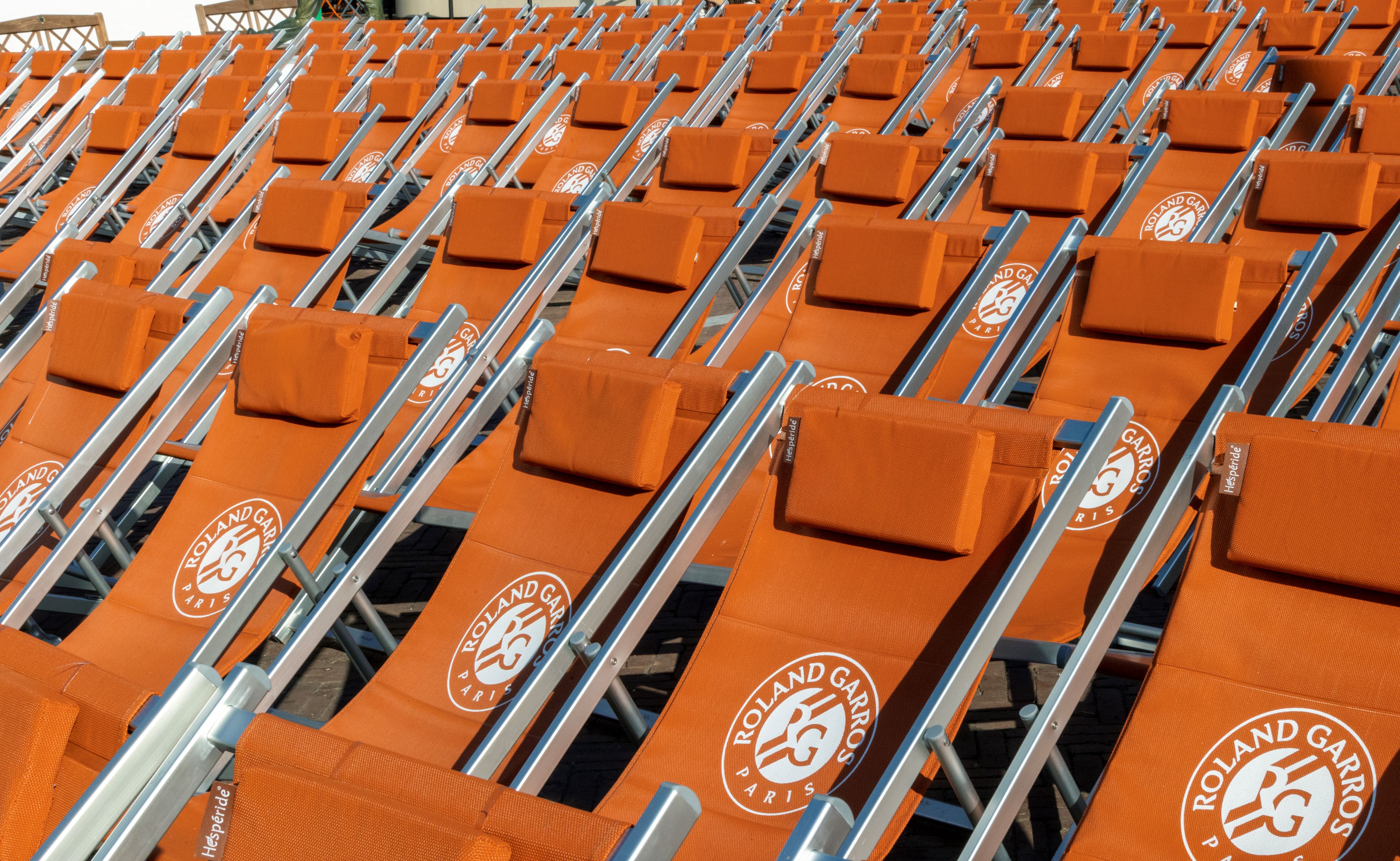Tennis
Official Tennis Highlight Reels Could Be So Much Better | Defector

It happened: You missed a good match. Maybe you forgot, you had an unmissable obligation, or the difference in time zones would’ve cut into your beauty sleep. Everybody you know is freaking out about that moment, and you haven’t seen it. Filled with indescribable envy, you check YouTube for the highlights.
The sports highlight is a useful convenience for established fans, but as a condensed, high-quality sample of a sport, it’s also a compelling entry point for novices. Once Roland-Garros piqued my interest in tennis in 2016, I headed to YouTube to watch more before Wimbledon. The channel Raz Ols had endless imaginative compilations to dive into: the best 10 matches of all time, the best forehands, and even Roger Federer’s top 1,000 shots, an effort that drew the attention of the man himself. Those videos provided a look into historical matches while showing off the visual appeal of the sport.
It’s noticeable when highlights aren’t up to snuff, and most official tennis YouTube accounts can’t compete with the sport’s dedicated sickos. Major tournaments may regularly produce excellent matches worthy of revisiting, but the quality of their ensuing highlight packages are often leave fans wanting. Roland-Garros and Wimbledon will sometimes release extended highlights during the offseason, but during the actual majors, it’s usually around three minutes per match. (To its credit, Wimbledon often goes longer for memorable matchups late in the tournament.) Some of those precious seconds are spent showing the players walking on or off the court. The following clip, crafted by the channel representing tennis’s oldest tournament, features slo-mo celebrations and full-screen score displays between sets, despite the score bug floating in the corner during point play.
The recipe for a good tennis highlights package seems straightforward: feature the best points and the most important points, which tell the story of a match through its exhilarating moments. The length of the video depends on the quantity of material: The Australian Open’s phenomenal YouTube channel is populated with full matches and extended highlights, a tennis fan’s dream. (The U.S. Open’s channel is pretty solid, too.) Other channels fall short. NBC will lose broadcasting rights for Roland-Garros starting in 2025, but for the hotly anticipated semifinal between Carlos Alcaraz and Jannik Sinner earlier this June, its highlight reel was laughable.
It’s impossible to identify a pattern of what was included and what wasn’t. The video features 12 points, most of which are errors. Completely unimportant moments are featured, too—there’s a long Sinner backhand and a biffed Alcaraz overhead on innocent 15-all points, plus an egregious drop-shot miss at 40-love. Omitted are Alcaraz’s brilliant forehand pass from way outside the sidelines in the fourth set and Sinner’s crosscourt backhand return to break serve at a vital moment in the third set. NBC goes 0-for-2 on quality and relevance.
The Peacock isn’t the only offender. Roland-Garros’s channel is consistently poor; fans flock to the comments (and elsewhere) to complain about the short video lengths. The channel’s three-minute reel for Alcaraz-Sinner actually does show the aforementioned epic points but only contains eight total, racing to every major plot point without showing anything in between. Length doesn’t necessarily equate to drama, but the viewers deserve a little more meat on the bone.
The reason for the dismal length of highlights might be broadcast restrictions. During the 2021 U.S. Open, Novak Djokovic and Alexander Zverev played a 53-shot rally that lasted for over a minute. The U.S. Open’s Twitter account explained that broadcast restrictions prevented them from showing the entire rally, instead posting the end of the point. A tournament’s inability to post its own footage is tragically comedic, but at least the extended highlights of the match were posted on YouTube within a week.
The fan-run YouTube channels often post well-edited extended highlights in the immediate glow of a great match, only for them to vanish hours later through copyright strikes. Many of the Raz Ols gems I watched in my early days of tennis fandom remain only in my memory, because they’re no longer online. What’s left are the official channels, providing a shoddy catalog that requires a lot of patience for minimal reward. If tournaments like Roland-Garros don’t see digital archival as a priority, perhaps they can hire some of the fans who do.










